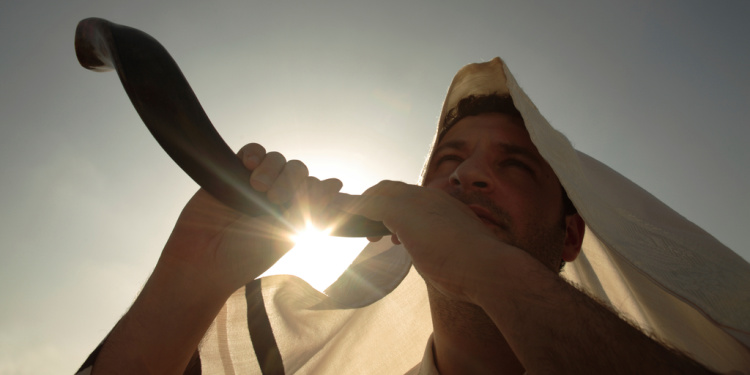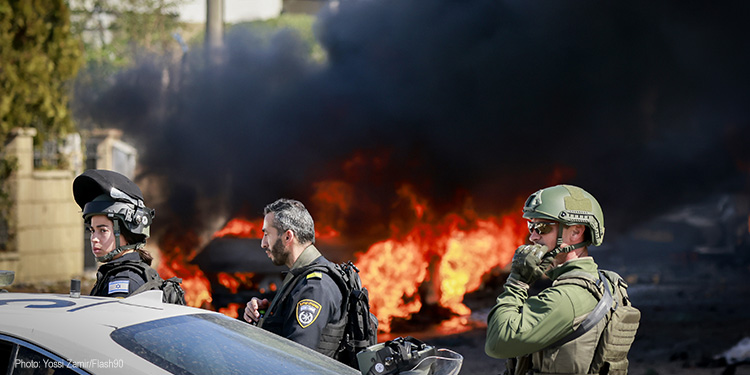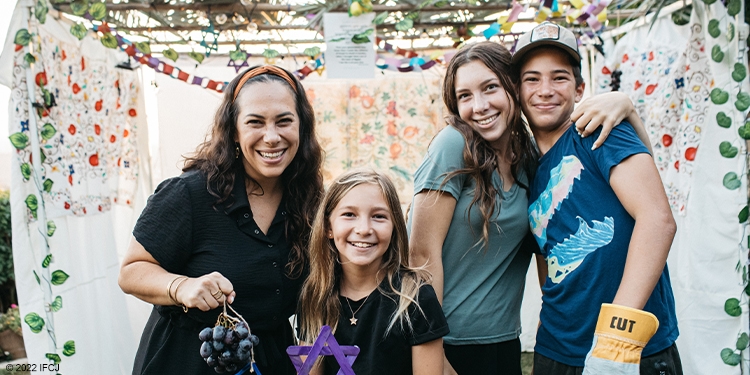Many Voices, One Sound
The Fellowship | July 23, 2019

“When you go into battle in your own land against an enemy who is oppressing you, sound a blast on the trumpets. Then you will be remembered by the LORD your God and rescued from your enemies. Also at your times of rejoicing—your appointed festivals and New Moon feasts—you are to sound the trumpets over your burnt offerings and fellowship offerings, and they will be a memorial for you before your God. I am the LORD your God.” — Numbers 10:9–10
Suffering, in all its various forms, is a universal human experience. While there often isn’t an answer to the question why suffering exists, there are many answers to how we can respond to the suffering of others. Our devotions explore how God comforts us, and how we can comfort others in times of suffering. Learn more through our complimentary Bible teaching on suffering.
There’s a story in the Jewish tradition about a renowned elder rabbi who escorted his wife to the doctor. As the elderly couple sat before the doctor, he inquired why they had come, and the rabbi replied, “Our foot is hurting us.” Such was the unity between this husband and wife. Her pain was his pain, and they worked together to find a cure.
In our Scripture today, we learn that God had commanded Moses to create two silver trumpets. These trumpets were to be sounded in unison before battle, at times of travel, and also to usher in festive times such as the New Moon, the festivals, and when the fellowship offerings were brought. What was the purpose of these trumpets? And why was it necessary to have two?
The Jewish sages explain that the trumpets were a call to prayer. During all the aforementioned times, prayer was appropriate. Before battle, when danger was palpable, the people were called to turn to God. When it was time to travel, not a simple or necessarily safe feat in ancient times, it was time to turn to God in prayer. Likewise, in joyful times, prayer was appropriate as a sign of gratitude and to bring glory to God’s name.
The sages also point out that the Hebrew word for trumpets – chatzotzrot – is the combination of two other Hebrew words: chatzi and tzurot, which means “half bodies.” This play on words teaches us that each trumpet alone was only half of a whole. Only when the two trumpets were blown together, was the sound full and whole. This is why two trumpets were necessary at these momentous occasions. Only together could the two trumpets have the desired power and influence over the people.
Similarly, when we pray, our own voices are only “half bodies.” But when we pray in unison with others, our “half body” becomes whole. Just as two pieces of wood can bear more weight together than the sum of what they can each bear on their own, so, too, are our prayers stronger together. When a group of people all pray for the same thing, our prayers are stronger and more powerful than if we were each praying on our own.
Friends of Israel, I invite you to pray together with us. I hope that the pain of Israel is your pain and that the joys of Israel are your joy. Let’s all join together in praying for the peace of Jerusalem. Together, our voices will sound out like the trumpets and our prayers will be heard.


